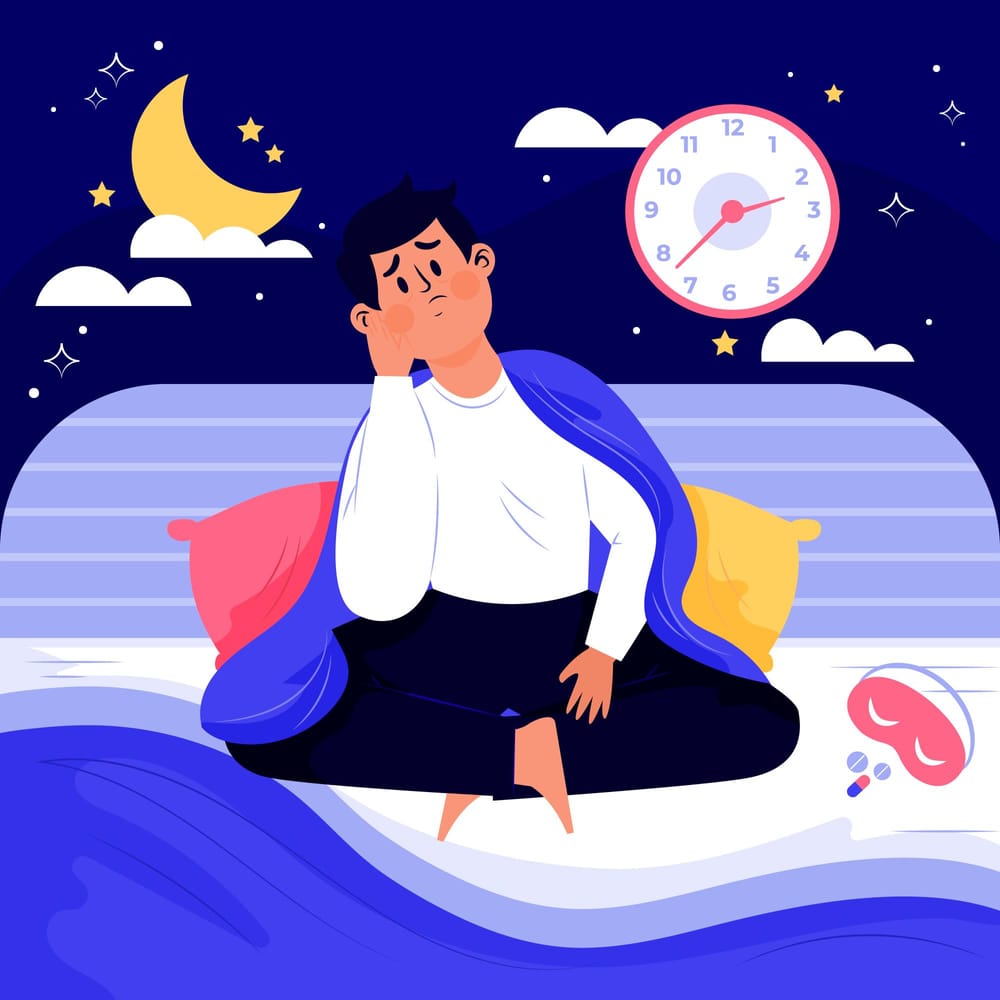Debunking Common Myths About Sleep
Sleep is essential for health and well-being, but many myths surround it. Let’s clear up some common misconceptions and help you get the restful sleep you deserve.
Myth 1: You Need Exactly 8 Hours of Sleep Every Night
Everyone's sleep needs differ. While 7-8 hours is generally recommended for adults, your ideal amount of sleep depends on your age, health, and individual factors. Teenagers might need 9-10 hours, while older adults may feel rested with just 7 hours. The key is to listen to your body. Are you constantly tired and unproductive during the day? That might mean you need more sleep.
Myth 2: A Nightcap Helps You Sleep Better
Alcohol may make you feel drowsy, but it disrupts your sleep cycles. It can suppress REM sleep, which is crucial for memory and emotional processing. As a result, your sleep becomes fragmented, leaving you tired in the morning. Instead of a nightcap, try drinking a warm, non-caffeinated beverage.
Myth 3: Hitting the Snooze Button Gives You More Sleep
The snooze button’s promise of a few extra minutes of sleep is deceptive. Those intermittent jolts of consciousness pull you out of deeper sleep stages, making you feel groggier and more disoriented. If you need more rest, it's better to go to bed earlier and wake up at your first alarm.
Myth 4: Working Out Right Before Bed Makes It Harder to Sleep
While intense exercise close to bedtime can elevate your heart rate and body temperature, moderate exercise earlier in the evening can actually help you sleep better. Regular physical activity reduces stress and anxiety, which are major sleep disruptors. Aim to finish your workout at least a few hours before bedtime.
Myth 5: Watching TV in Bed Helps You Wind Down
The blue light emitted from TVs, smartphones, and other electronic devices can suppress melatonin production, the hormone that regulates your sleep-wake cycle. Instead of watching TV, engage in calming activities like reading a book, meditating, or taking a warm bath before bed.
Tips for Better Sleep
Now that we’ve debunked some common myths, here are some evidence-based tips to help you sleep better:
- Stick to a Schedule: Go to bed and wake up at the same time every day, even on weekends. This helps regulate your body’s internal clock.
- Create a Bedtime Routine: Engage in relaxing activities before bed, such as reading, meditating, or listening to calming music.
- Optimize Your Sleep Environment: Ensure your bedroom is cool, dark, and quiet. Consider using blackout curtains, earplugs, or a white noise machine.
- Limit Screen Time Before Bed: The blue light from electronic devices can interfere with your ability to fall asleep. Turn off screens at least an hour before bed.
- Get Regular Exercise: Physical activity improves sleep quality, but try to avoid vigorous exercise close to bedtime.
- Manage Stress: Find healthy ways to manage stress, like yoga, meditation, or spending time in nature. Chronic stress can significantly disrupt your sleep.
By understanding and debunking these sleep myths and implementing these practical tips, you can create a healthier sleep routine that promotes restful nights and more productive days. Remember, quality sleep is key to your overall health and well-being




